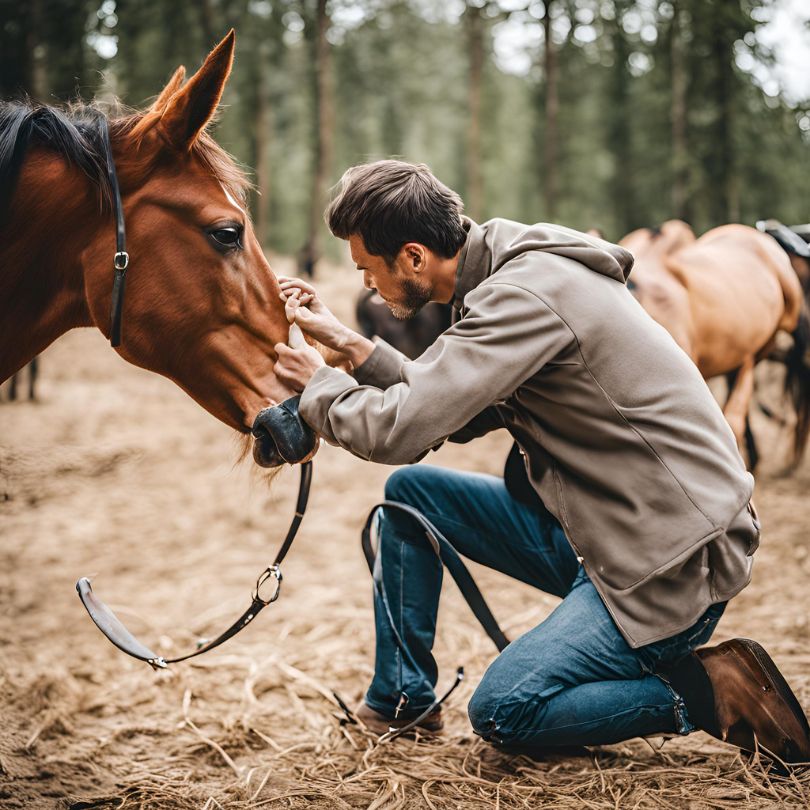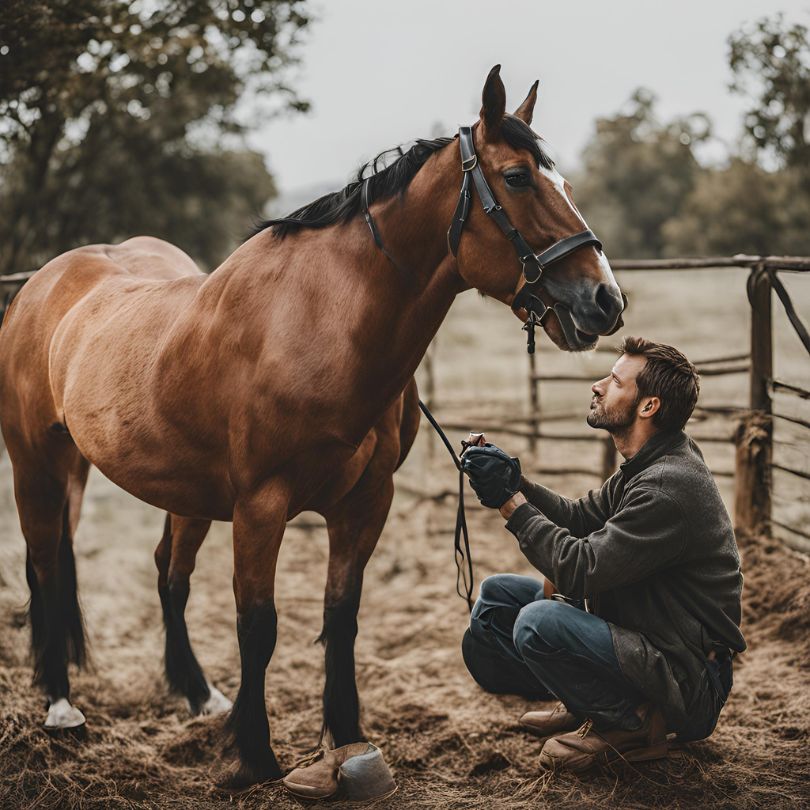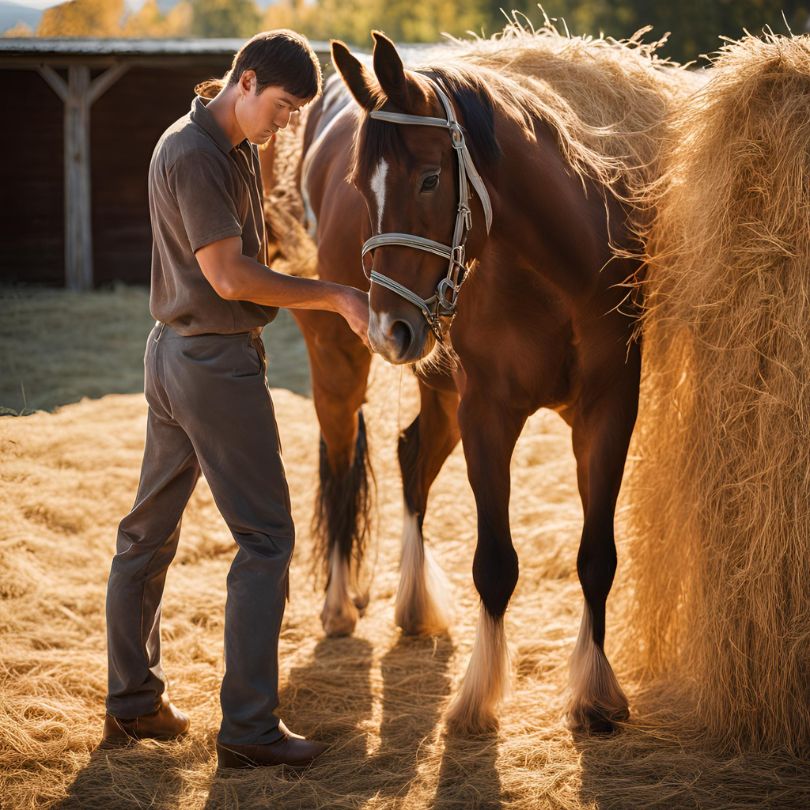Horses, like all animals, are prone to certain health issues. Being aware of these common diseases and understanding how to prevent them can help ensure the health, happiness, and longevity of your horse. Here’s a look at 10 common horse diseases and effective ways to prevent them.
1. Equine Influenza
Description: Equine influenza is a highly contagious viral respiratory disease affecting horses. It is caused by strains of influenza A and can spread quickly among groups of horses.
Prevention: Vaccinate horses against influenza regularly, especially if they are frequently in contact with other horses. Isolate new or sick horses and maintain good ventilation in stables.
2. Tetanus
Description: Tetanus is a bacterial infection caused by *Clostridium tetani*, found in soil and manure. It enters the horse’s body through wounds and can be fatal if untreated.
Prevention: Regular tetanus vaccinations are essential. Keep the stable area clean, and immediately treat any cuts or wounds.

3. Strangles
Description: Strangles, or equine distemper, is a bacterial infection that causes swelling in the lymph nodes and respiratory issues. The bacteria *Streptococcus equi* spreads easily through nasal secretions.
Prevention: Vaccination is available but not foolproof. Quarantine new horses, disinfect equipment regularly, and maintain clean stables.
4. Equine Encephalomyelitis (Sleeping Sickness)
Description: This is a viral disease transmitted by mosquitoes. The virus affects the central nervous system, causing fever, paralysis, and can be fatal.
Prevention: Vaccinate horses annually. Control mosquito populations around the stable by eliminating standing water and using repellents.
5. Equine Infectious Anemia (EIA)
Description: EIA, also known as swamp fever, is a viral infection spread by blood-sucking insects. It can lead to fever, anemia, weight loss, and lethargy.
Prevention: Regular Coggins testing is crucial, especially before transporting or introducing new horses to a group. Use insect control measures.

6. Colic
Description: Colic is not a disease but a painful condition caused by gastrointestinal issues, which can be due to poor diet, dehydration, or overfeeding.
Prevention: Feed horses a balanced diet, ensure access to fresh water, and provide plenty of fiber. Regularly deworm and avoid sudden diet changes.
7. Laminitis
Description: Laminitis is a painful inflammatory condition affecting the hooves. It can be caused by excessive feed, stress, or hormonal imbalances.
Prevention: Monitor your horse’s diet, avoid excessive grain, and maintain a proper exercise routine. Regular hoof care by a professional farrier is also essential.

8. Equine Herpesvirus (EHV)
Description: Equine herpesvirus can cause respiratory illness, reproductive issues, and in some cases, neurological symptoms. It spreads through respiratory secretions, contaminated equipment, and clothing.
Prevention: Vaccinate for EHV if the horse frequently interacts with others. Quarantine new horses and disinfect shared equipment.
9. West Nile Virus
Description: This mosquito-borne virus affects the nervous system and can lead to weakness, fever, and neurological problems.
Prevention: Annual vaccinations against West Nile Virus are recommended. Reduce mosquito exposure by eliminating stagnant water and using repellents.

10. Rabies
Description: Rabies is a viral disease transmitted through the bite of infected animals. It affects the central nervous system and is almost always fatal once symptoms appear.
Prevention: Vaccinate horses annually for rabies, especially if they are in areas with high wildlife activity. Avoid contact with wild animals.
To ensure your horse stays healthy, focus on preventive care. Keep up-to-date with vaccinations, maintain a clean stable, and provide a balanced diet. Regular veterinary checkups and monitoring your horse’s behavior can help catch and address health issues early.
By understanding these common diseases and implementing these preventive measures, you can protect your horse from potential health risks, keeping them strong and thriving for years to come.

